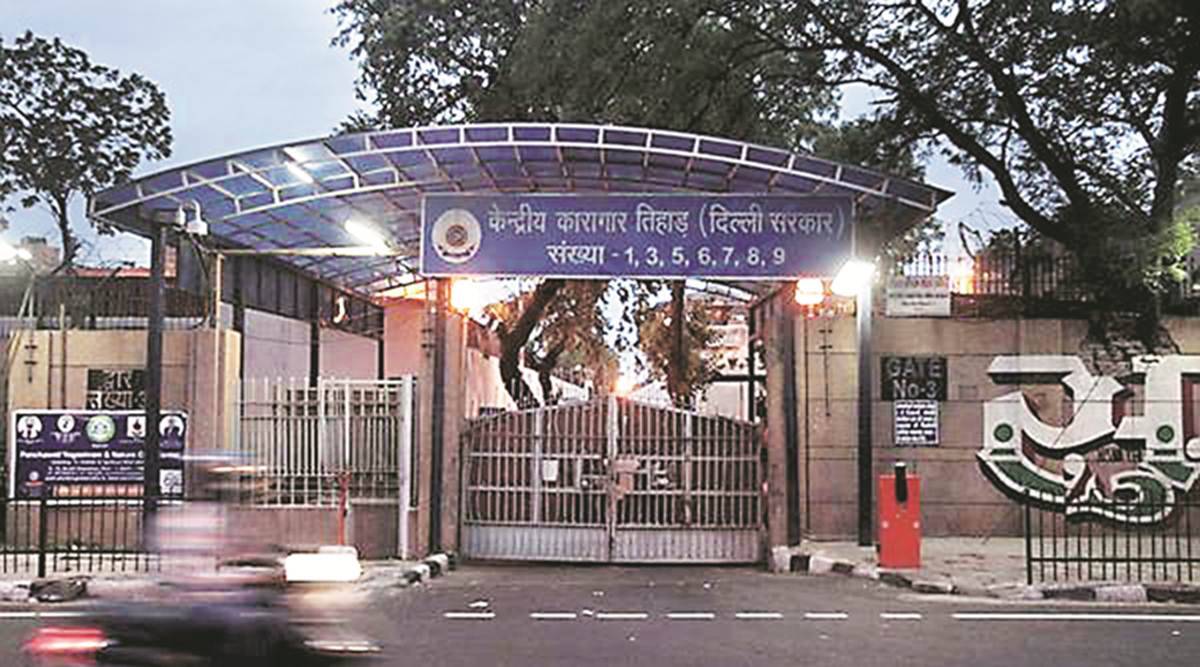Days ago, French cement manufacturer Lafarge paid out $780 million to US authorities for the crime of bribing ISIS in order to continue carrying out its activities in territory which at the time was controlled by that entity. It is possible that ISIS may, perhaps using a new name, may still be in control of that territory, as only those parts of Syria under the control of the government in Damascus or under Kurdish control are almost entirely free of that scourge. Territories controlled by the “freedom fighters” have been given generous assistance in training, weapons and money by member states of NATO. Such elements, whose nature remains seemingly undiscovered by Atlanticist intelligence agencies, have permitted elements in ISIS to continue to operate in territories still held by them. Clearly, when the term “territory controlled by freedom fighters” is used in embedded media in the G-7 in the context of Syria, it refers to land where ISIS has been given freedom to operate, exactly as that collation of terrorists does with impunity in several parts of Afghanistan since August 2021 after the White House-facilitated Taliban takeover. Given that courts in India are duty bound to follow the law of the land, and given that much of such law has its roots in the colonial past, had the case been heard in India, manufacturing facilities run by Lafarge would have closed down and a few Indian citizens involved in the higher management of that company’s operations in India would have spent either weeks or months in jail. After that, they would get released on bail, while the exchequer would be further taxed by the expenses of housing such prisoners in addition to the multitudes already in prisons in India on a miscellany of charges. Much is expected of the present Chief Justice of India and his successor in their terms. A way for the CJI to speed up the process of changeover from colonial-era practices would be to examine the prison population and free those who have been jailed for minor offences, or are undertrials who are experiencing lengthy delays in their cases being heard and decided. The CJI could devote attention to tossing out prison regulations and practices that render a prisoner potentially less useful to society upon discharge. Instead, time in jail should ensure that she or he be given access to ways that would multiply and develop skills useful to society, including through access to necessary literature and the internet. Greater access to families is a human right that needs to be much more liberally granted than has been the case for the 75 years that India has been a free country.
Returning to the Lafarge case, the laws in India need to be changed so as to ensure that such cases end up not in the all too common practice of incarceration for a few of the guilty, but in payment of hefty fines that could benefit many citizens in need of assistance. In the 2G matter, for example, the Supreme Court found that illegal benefits had been paid by the offending telecom service providers, and as a consequence of the law of the land, the telecom sector was denuded of several players, such that only a few remained. Instead of the other telecom companies being shut down, it would have been better for the citizens were the guilty companies made to pay fines instead, in the way Lafarge was. Of course, such fines need to reflect market reality. India is not the US. And if the tax payable in any scheme for disclosure of unaccounted income were fixed at too high a rate, it is likely that most of those guilty of such an act would prefer to take a chance on avoiding discovery rather than pay what would be a confiscatory and punitive rate of tax. Even a much lower tax rate would generate higher revenues than a confiscatory rate. Should the rate be too high, passengers from India on flights to Switzerland would become plentiful. They would be visiting that country not to savour its scenery but to transfer their bank accounts to what they believe to be a safer location. Unfortunately for the security of India, for many that alternative is either Hong Kong or Macau, which is why the CCP has gained access to the banking secrets of several High Net Income citizens of India. Prime Minister Narendra Modi, assisted by Finance Minister Nirmala Sitharaman, needs to continue on their present course of re-examining the laws and regulations governing enterprises, such that income into the exchequer rather than the number of jailbrids increases from much of the financial illegalities that get discovered. In tandem with several pathbreaking judgments being made by the Supreme Court, the decriminalisation of several colonial-era laws and post-1947 regulations being carried out by the Prime Minister is emerging as a major reason why more and more domestic and foreign investors are looking to India as an investment destination. Given the need to generate many more jobs so as to alleviate unemployment, such attention is welcome.
MDN
Don’t increase number of jailbirds, raise revenue
- Advertisement -

